Deputy Prime Minister Le Thanh Long - Photo: GIA HAN
That is one of the provisions in the draft Law on Personal Data Protection, which Deputy Prime Minister Le Thanh Long, on behalf of the Government, read at the 9th session of the 15th National Assembly on the afternoon of May 5.
Regarding the purpose of the law, Mr. Long said that the development of the Law on Personal Data Protection aims to perfect the legal system on personal data protection, and improve the capacity to protect personal data for domestic organizations and individuals to reach international and regional levels.
Promote the legal use of personal data to serve economic and social development.
This draft law has 7 chapters with 68 articles. Notably, there is a chapter on personal data protection during the processing of personal data.
According to the bill, data subject consent applies to all activities in the processing of personal data, unless otherwise provided by law.
The data subject's consent is only valid if it is based on voluntariness and clear knowledge of the following contents: type of personal data processed; purpose of personal data processing; organization or individual whose personal data is processed; rights and obligations of the data subject.
On the other hand, the data subject's consent must be given by an affirmative act that constitutes a clear, specific indication, such as in writing, by voice, ticking a consent box, text message consent syntax, selecting technical consent settings or by another act that demonstrates this.
Silence or non-response of the data subject shall not be considered as consent.
The bill has a separate provision regulating the protection of personal data for social networking platforms and online communication services. It clearly stipulates the responsibilities of organizations and individuals providing services.
These organizations and individuals are responsible for protecting the personal data of Vietnamese citizens when operating in the Vietnamese market or appearing on mobile application stores provided to the Vietnamese market.
Along with that, clearly notify the content of personal data collected when data subjects install and use social networks and online communication services; do not illegally collect personal data and beyond the scope of the agreement with customers;
Notably, these organizations and individuals are not allowed to request images or videos containing full or partial identity cards, citizen identification cards, or national identity cards as a factor in account authentication.
Provide users with the option to refuse cookie collection and cookie sharing. Provide a "do not track" option or only track social media and online media usage with the user's consent;
Provide specific, clear, written notice of the sharing of personal data as well as the application of security measures when conducting advertising and marketing activities based on customers' personal data;
Do not eavesdrop, wiretap or record calls and read text messages without the consent of the data subject. Provide a mechanism for users to report security and privacy violations.
Organizations and individuals providing services must also publicly disclose their privacy policies, clearly explaining how personal data is collected, used and shared. Provide users with the right to access, edit, delete data and set privacy for personal information; protect personal data of Vietnamese citizens when transferred outside of Vietnam.
Establish a mechanism for users to report violations of personal data protection; develop a process for handling violations of personal data protection quickly and effectively.
In addition, data subjects must be notified of incidents and violations of regulations on personal data protection regarding social network accounts and online communication services within 72 hours of the occurrence of the violation or incident, along with the results of handling, remedying the consequences, assessing the severity of the incident and potential risks arising.
Supplementing regulations to protect the rights and interests of parties controlling and processing personal data
Examining the draft law, the National Defense, Security and Foreign Affairs Committee said that some opinions said that the provisions in the draft law are absolute in the rights of personal data subjects, which can easily lead to abuse of rights, causing obstacles and difficulties in the data processing process of parties controlling and processing personal data.
The Committee basically agrees with the above opinions and recommends studying and accepting additional regulations to protect the rights and interests of parties controlling and processing personal data when implementing requests from personal data subjects to ensure harmony in the rights and interests of relevant parties.
Tuoitre.vn
Source: https://tuoitre.vn/mang-xa-hoi-khong-duoc-yeu-cau-cung-cap-can-cuoc-cong-dan-de-xac-thuc-tai-khoan-20250505150533067.htm#content





![[Photo] Prime Minister Pham Minh Chinh chairs the 15th meeting of the Central Emulation and Reward Council](/_next/image?url=https%3A%2F%2Fvphoto.vietnam.vn%2Fthumb%2F1200x675%2Fvietnam%2Fresource%2FIMAGE%2F2025%2F11%2F27%2F1764245150205_dsc-1922-jpg.webp&w=3840&q=75)

![[Photo] President Luong Cuong attends the 50th Anniversary of Laos National Day](/_next/image?url=https%3A%2F%2Fvphoto.vietnam.vn%2Fthumb%2F1200x675%2Fvietnam%2Fresource%2FIMAGE%2F2025%2F11%2F27%2F1764225638930_ndo_br_1-jpg.webp&w=3840&q=75)

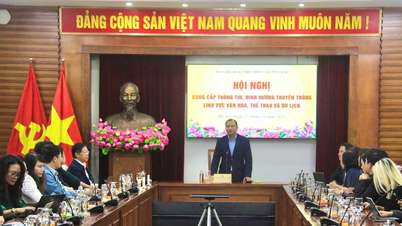

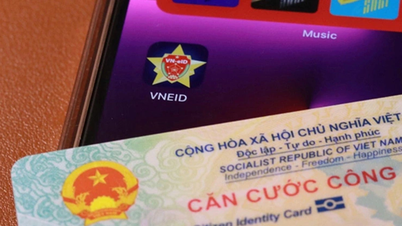





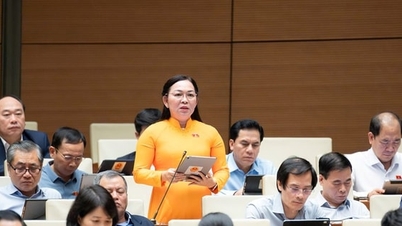

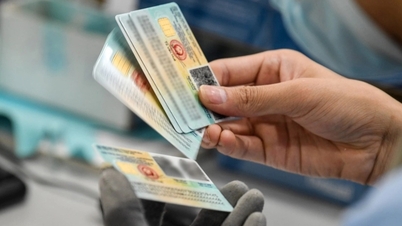
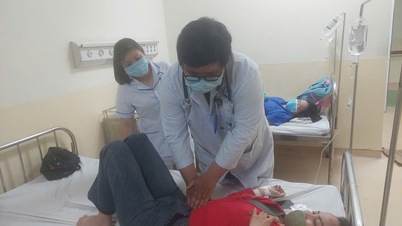

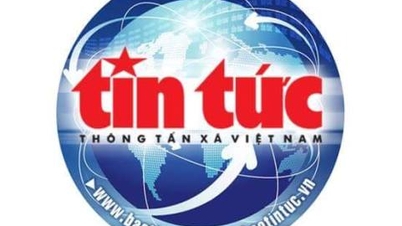
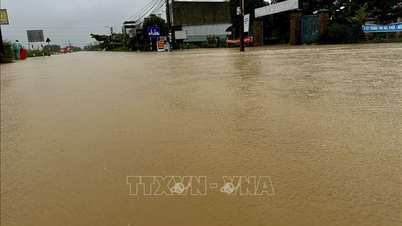



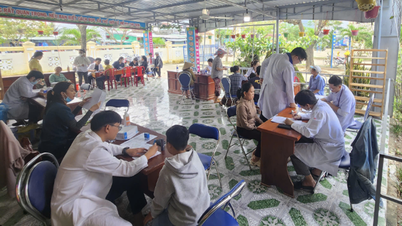




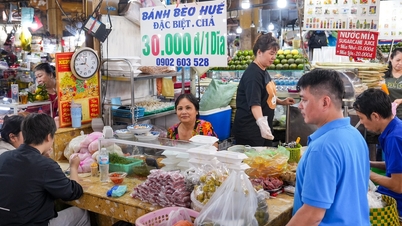
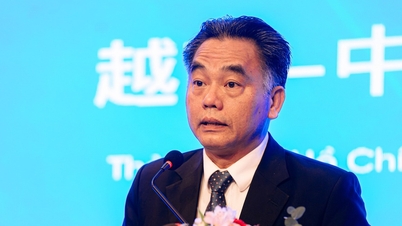

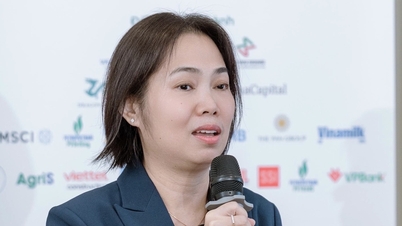
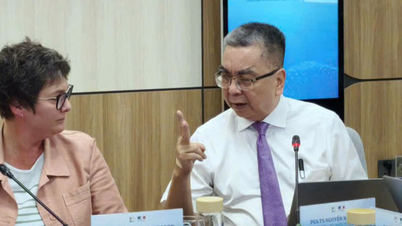



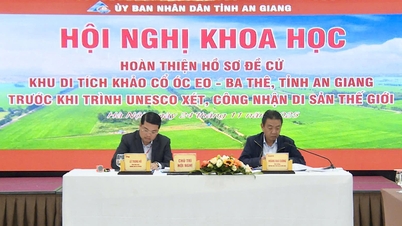

















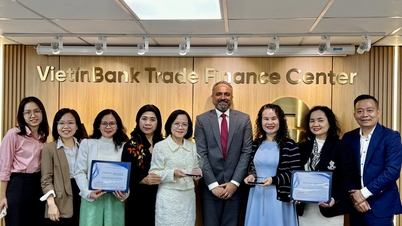













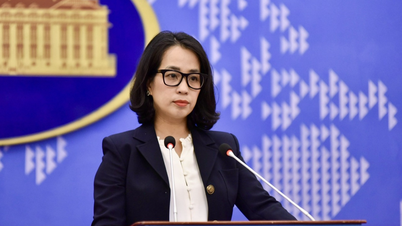



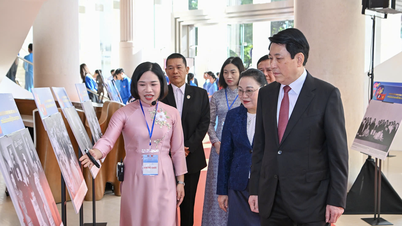
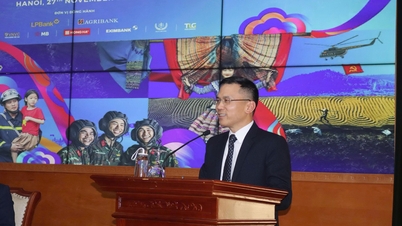
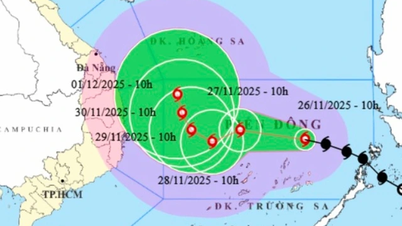
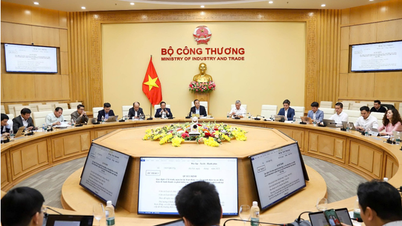

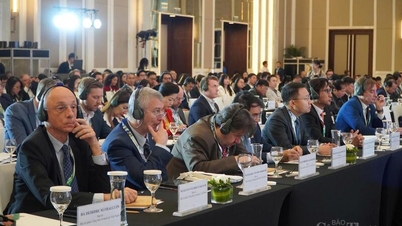
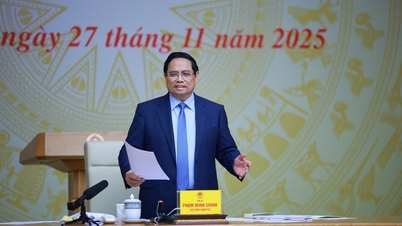




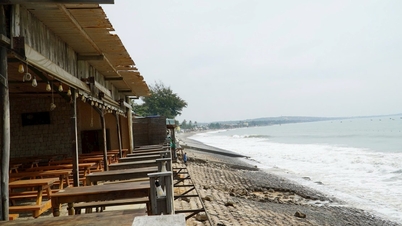




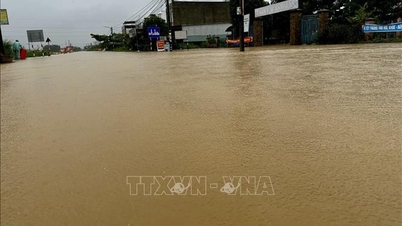















Comment (0)